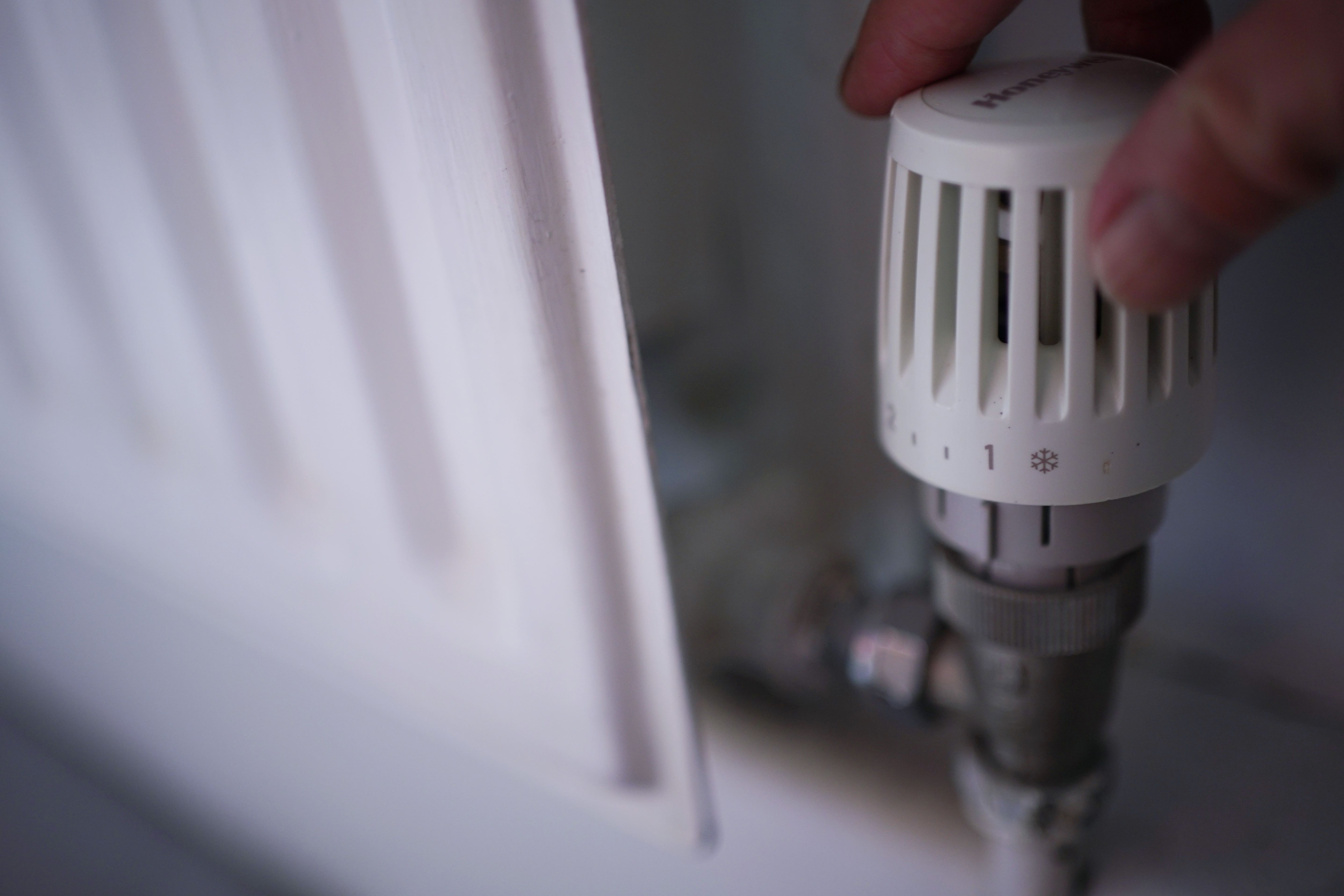Insulating social homes ‘could slash heating bills by 42%’
The National Housing Federation said poorly insulated homes have become a ‘major culprit’ in the cost-of-living crisis.

Your support helps us to tell the story
From reproductive rights to climate change to Big Tech, The Independent is on the ground when the story is developing. Whether it's investigating the financials of Elon Musk's pro-Trump PAC or producing our latest documentary, 'The A Word', which shines a light on the American women fighting for reproductive rights, we know how important it is to parse out the facts from the messaging.
At such a critical moment in US history, we need reporters on the ground. Your donation allows us to keep sending journalists to speak to both sides of the story.
The Independent is trusted by Americans across the entire political spectrum. And unlike many other quality news outlets, we choose not to lock Americans out of our reporting and analysis with paywalls. We believe quality journalism should be available to everyone, paid for by those who can afford it.
Your support makes all the difference.Social housing residents could see their heating bills slashed by 42% if their homes were insulated and draught-proofed, saving £700 million a year in total, research suggests.
A family in social housing with an Energy Performance Certificate (EPC) of D or below spends on average £1,343 a year on heating, based on the current energy price guarantee, the National Housing Federation said.
It projects this would reduce by 42% to £776 a year if these homes were insulated and brought up to an EPC of C or above.
This equates to more than £700 million a year in savings for all such residents in England, it said.
Decarbonising social homes is a win-win solution, and the faster it can be done, the greater the benefits for residents and the environment
The calculation is based on analysis of heating cost figures from the English Housing Survey and EPC data published by the Government.
The National Housing Federation said poorly insulated homes are one of the country’s “biggest environmental polluters” and have become a “major culprit” in the cost-of-living crisis.
Three-quarters of social housing residents rely on benefits and a large number of families are at risk of falling into poverty or debt because of increased energy costs, it added.
The National Housing Federation is calling on the Government to release the full £3.8 billion pledged by the Conservatives by 2030 to decarbonise social housing, of which about £1 billion has been committed.
It says this would enable social landlords to plan ahead for large-scale retrofitting.
Chief executive Kate Henderson said: “Whilst the Government’s energy price guarantee is welcome support for now, it is not enough to protect people living in the least energy efficient homes from astronomic price increases, with some social tenants losing as much as two months’ pay on energy costs and forced to make impossible choices – such as risking getting into debt – to afford basic living costs.
“Looking ahead to April 2023, without well-targeted means-tested support, social housing residents will be facing an even more extraordinary burden.
“Decarbonising social homes is a win-win solution, and the faster it can be done, the greater the benefits for residents and the environment.”
She called on the Government to prioritise retrofitting social homes as a “long-term solution to the energy, cost-of-living and climate crises”.
A spokeswoman for the Department for Business, Energy & Industrial Strategy said: “Thanks to Government support, the number of homes with an energy efficiency rating of C or above is at 46% and rising, up from just 13% in 2010.
“We are investing over £6.6 billion to decarbonise homes and buildings, including Help to Heat schemes such as the Social Housing Decarbonisation Fund, and are committed to ensuring all homes meet EPC band C by 2035 where cost-effective, practical and affordable.”